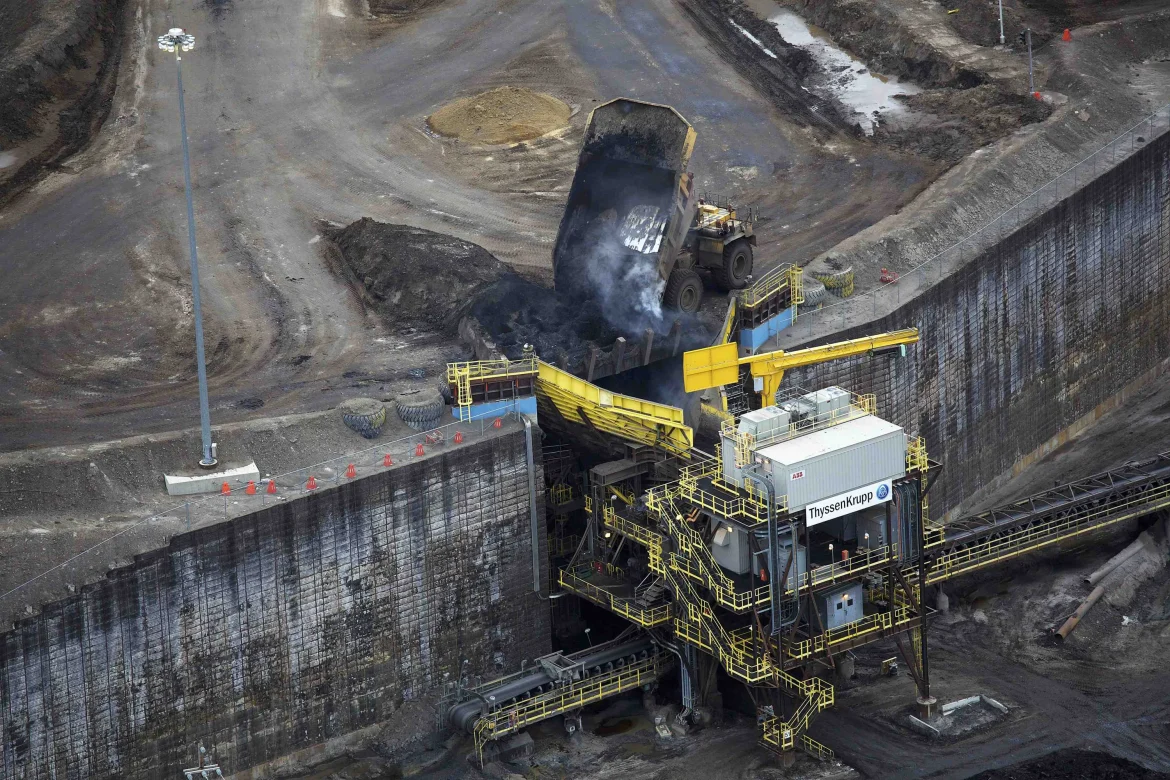“In our opinion, the conventional forms of energy — I’m talking about oil, gas, bitumen — should continue and will be part of the energy mix during the energy transition,” said AER chief economist Afshin Honarvar, on a webcast held to discuss the report.
Advertising
In 2023, oilsands bitumen accounted for 66 per cent of Canada’s total oil equivalent production, according to AER figures.
But the sector is under increasing scrutiny for its emissions-heavy production methods. The oil and gas sector is already Canada’s heaviest-emitting industry, and rising oilsands production over the past decade has meant total emissions from the sector are increasing — at a time when many other sectors of the economy are successfully reducing overall emissions.
The federal government has proposed mandating a ceiling on oil and gas emissions in order to help slow climate change. The rules would require the industry to cut greenhouse gas emissions by 35 to 38 per cent from 2019 levels by 2030.
Alberta’s formal position is that an emissions cap would be akin to a production cap, restricting growth and investment in the province’s energy sector.
But the AER believes the oilsands can grow while simultaneously reducing its emissions, if it deploys carbon capture and storage technology.

